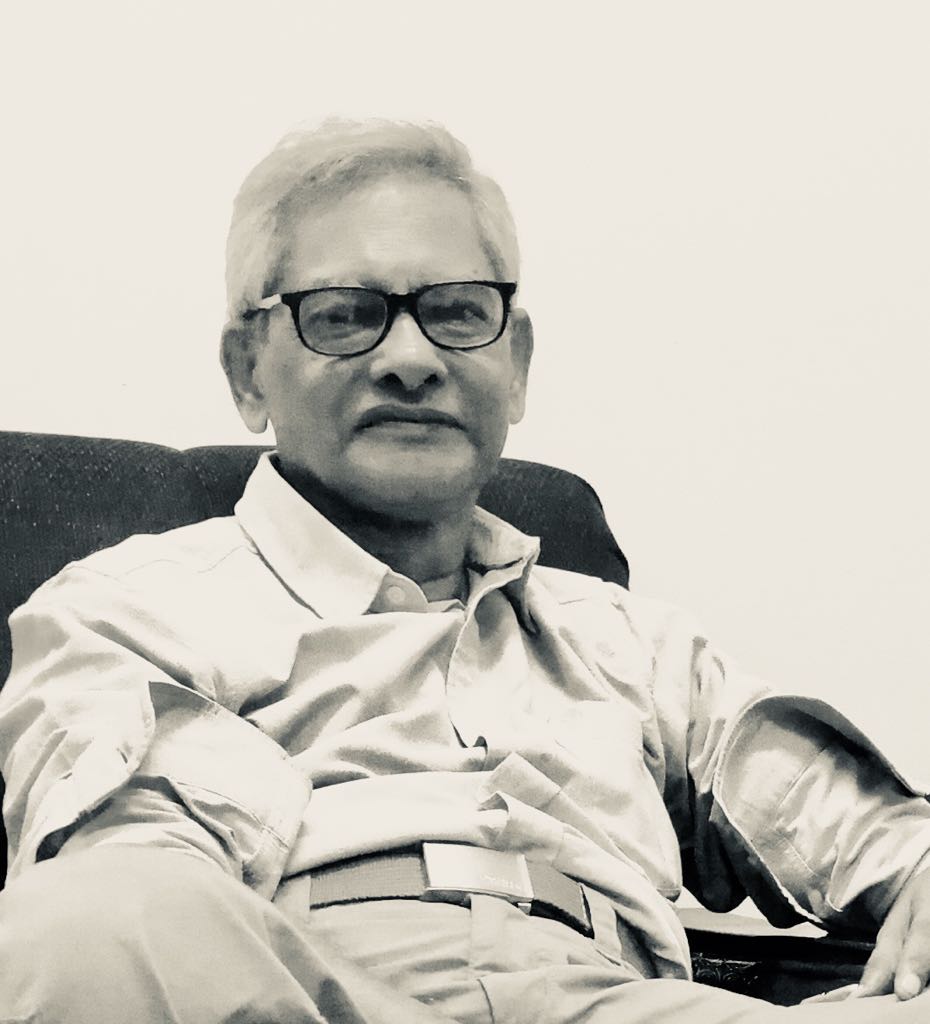Remembering Dhrubajyoti Ghosh…
SCOPE respectfully salutes the life and work of Dhrubajyoti Ghosh, the internationally acclaimed wetland expert who devoted four decades of his life to the conservation of the East Kolkata Wetlands and passed away on February 16, 2018. Having begun his journey to the wetlands in response to a query regarding how sewage can be re-utilised for a city, Ghosh, the observant civil engineer, started walking along the city’s outfall channels and stumbled on to huge ponds which he soon realised were oxidation ponds where fish were happily growing and the city’s sewage was also being treated comprehensively in the process. The feat was pulled off by seemingly illiterate, non-descript fish farmers and Ghosh soon respected them and called them his teachers (called ‘mastermashai’ in Bengali), as the viability and distributive justice of the ecosystem began to dawn on him…
Dhrubajyoti Ghosh named, mapped (first instance of participatory wetland mapping in India) and took to the world this unseen, almost unknown ecosystem. It was a long journey, whence he explored a range of methods such as writing the ecological history of the wetlands (first instance of documentation of ecological history in modern India) to trying to secure legal support for the wetlands (his 1985 map helped the NGO PUBLIC to earn a landmark judgment regarding a freeze on land use change within the wetlands). Thereafter started the journey bring the recognition from the Government of India that these wetlands could be seen as a low-cost technology option for sewage treatment under the Ganga Action Plan, followed by efforts to bring these wetlands under the fold of the Ramsar Convention.
This was an uneven bureaucratic and political battle which he fought with craft and finesse, and got unexpected bounty in the form of international recognition such as the UN Global 500 in 1990. This greatly helped his cause, earning him more friends abroad. As a visionary, he opened possibly the first wetlands institute in India in 1986, for research on wetland ecosystems. With time, Dhrubajyoti Ghosh became a living history, and his life showed the useful lessons of the crests and the pitfalls in a conservation journey of an unusual 12,500 hectares wetland ecosystem. East Kolkata Wetlands became a Ramsar site in 2002. Ghosh also became the only Indian to receive the Luc Hoffman award for his conservation work. And the wheel came full circle as 15 years later in 2017, Ramsar once again recognised East Kolkata Wetlands as one of the two wetlands in the world to treat wastewater. Ghosh’s stand was vindicated, and his happiness knew no bounds…
In his more than 45 years of working life, Ghosh evolved as a rare thinker and creative persona, with many more streams of innovative thinking and work being done by him in the fields of irrigation management and conflict resolution, village health plan by villagers themselves, menstrual health management by the rural women, participatory solid waste management to name a few. Focus on empowering the less privileged was a hallmark of his work throughout his life. He was also a much sought after teacher, having taught environment management to masters students, guided PhDs and even taught ecology to first generation learners in geography and engineering students. He broadened our understanding of ecology and also evolved a subject called Welfare Ecology, where ecology’s contribution to general well-being is explored through a series of essays. Towards the end, he was working on a book on ecology as a science of the ordinary, having spoken all his life about the wisdom of the ordinary such as farmers, fishers and forest dwellers that enrich and further the understanding of what ecology as a subject really deals with, and showing how we may learn from them in all humility, the way they live creatively with nature.
Ghosh’s untimely and completely unexpected demise has bereft us of a storehouse of ecological thinking and an ethical anchor that is rarely found in South Asia’s environmental landscape. Impoverished as we are today, it is with sadness that we must admit that the city of Kolkata stands guilty of never having really recognised this distinguished human being who had such a seminal impact on Kolkata’s history.

